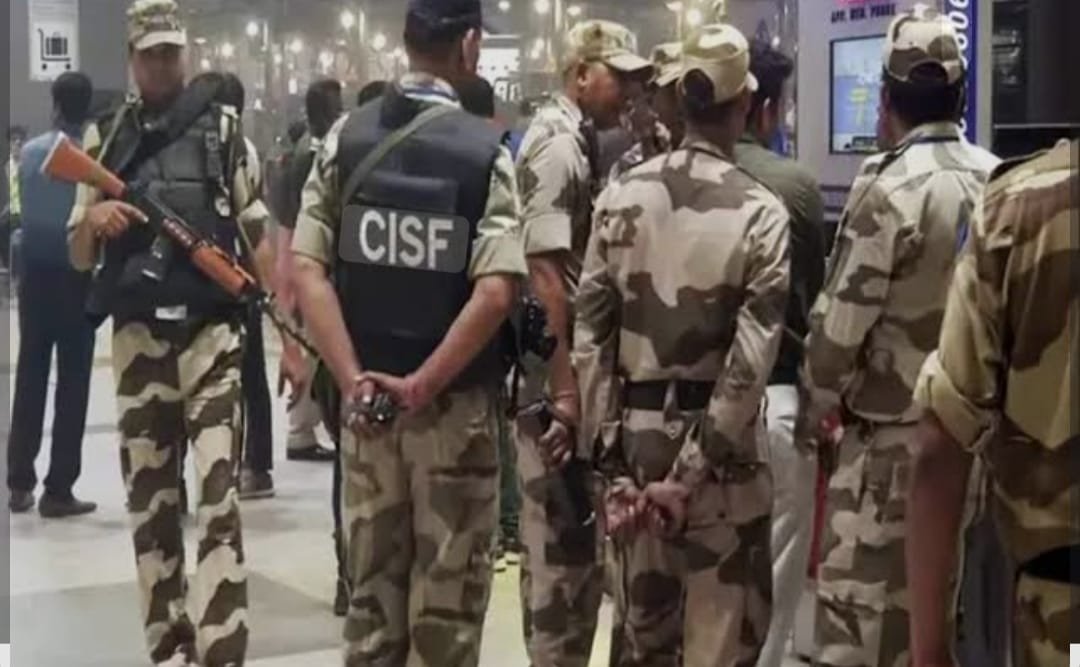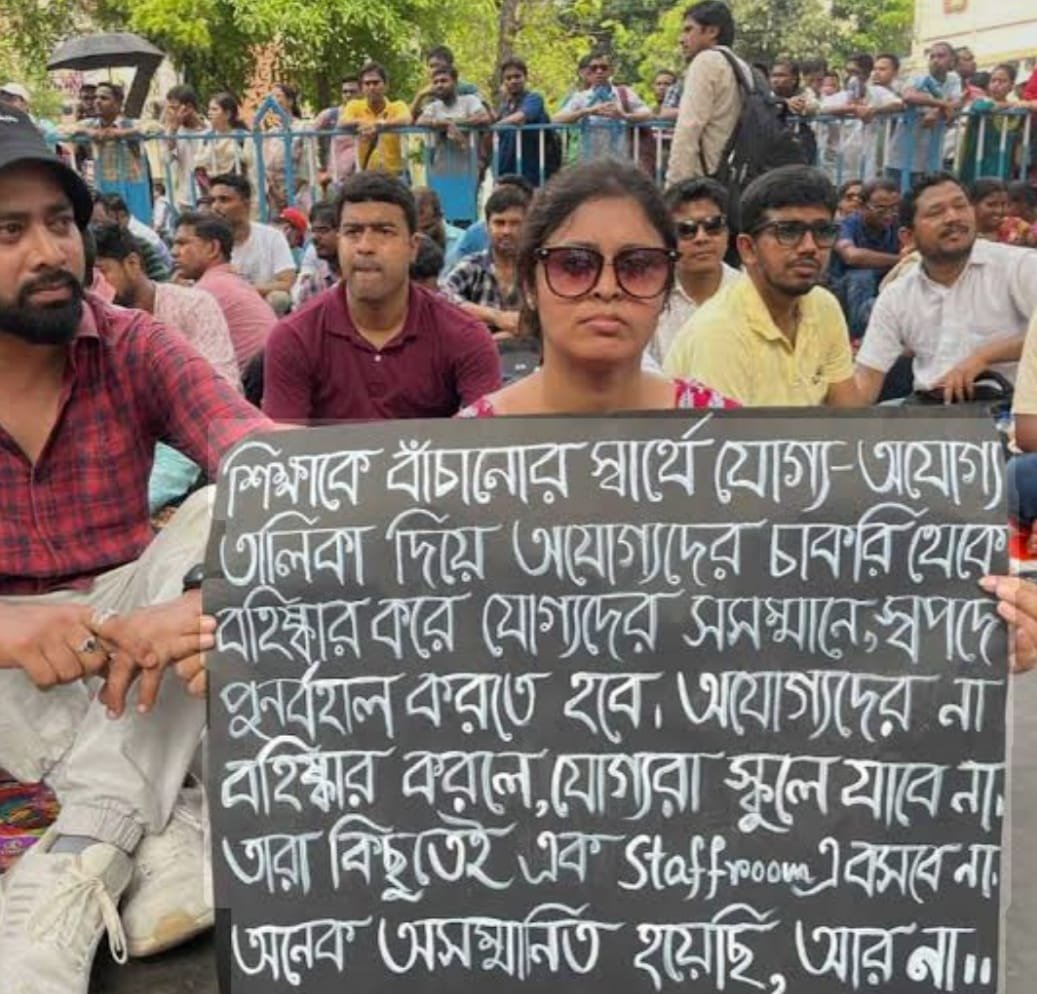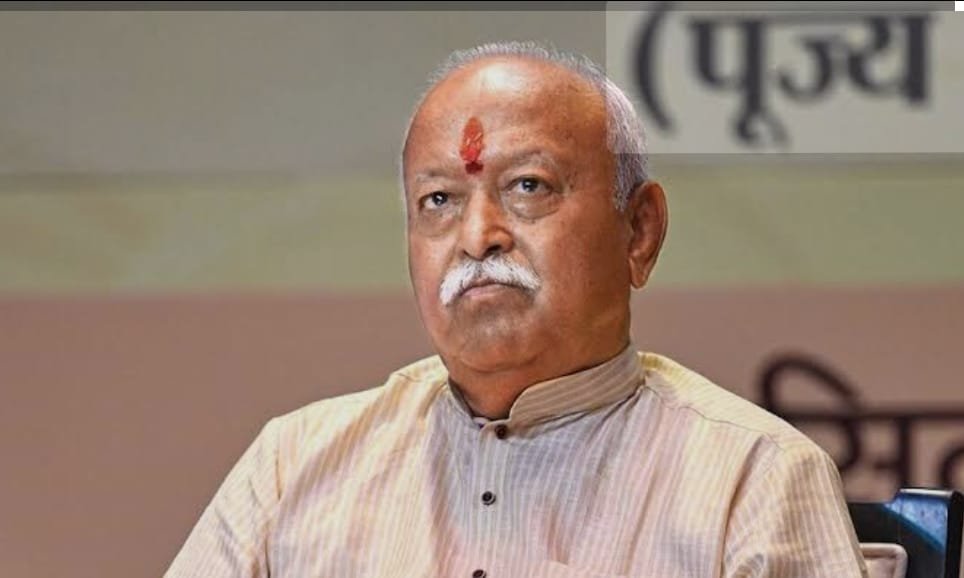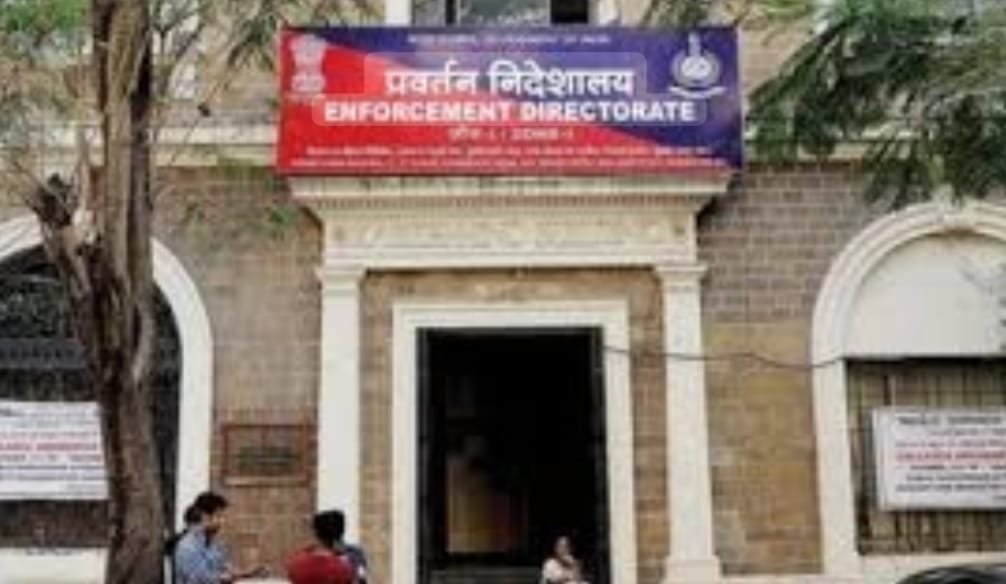India’s Ministry of Home Affairs has approved a significant expansion of the Central Industrial Security Force (CISF), raising its authorised strength from 162,000 to 220,000 personnel over the next five years.
The move comes as the government seeks to bolster security for the country’s fast-growing economy, with new industrial hubs and critical infrastructure projects driving demand for enhanced protection. Around 14,000 new recruits will join the force annually, adding to the 13,230 personnel inducted in 2024. Recruitment for a further 24,098 is already under way this year.
Officials say the expansion will strengthen CISF’s presence across sensitive sectors including airports, seaports, power plants, nuclear installations, hydroelectric projects and even prisons in Jammu and Kashmir. With left-wing extremism in decline in states such as Chhattisgarh, new industrial centres are expected to emerge, necessitating greater security coverage.
The force is also seeking to increase the number of women in its ranks, with recruitment drives and internal policies encouraging higher female participation. The annual intake of younger personnel, the Home Ministry says, will make the CISF more “battle-ready” for internal security and emergency deployments.
Over the past year, the CISF has taken charge of seven new units under its Security Wing, including the Parliament House complex, Ayodhya Airport, and several power projects across India. Two additional units have been inducted under its Fire Wing, including one at Parliament House.
The government says the expansion underscores its commitment to ensuring the CISF remains “a robust and responsive force” in line with India’s evolving security needs, as the country continues to accelerate its economic and infrastructure growth.


























